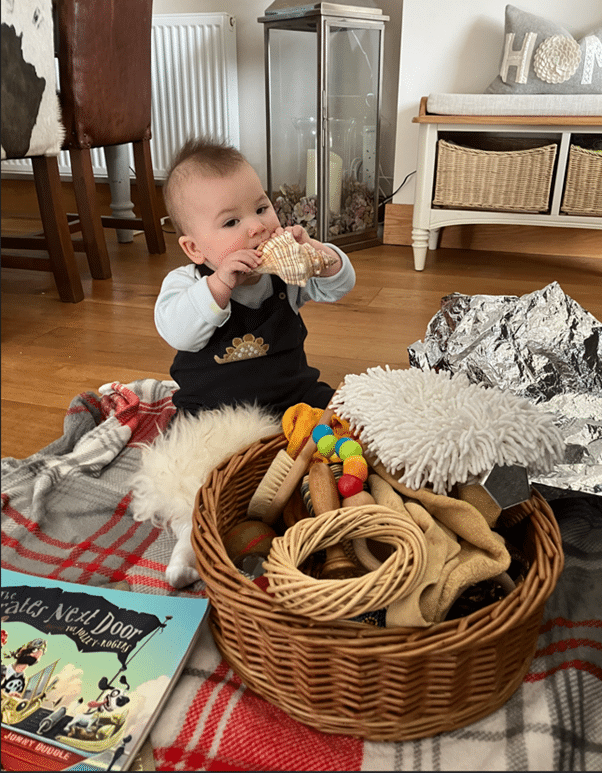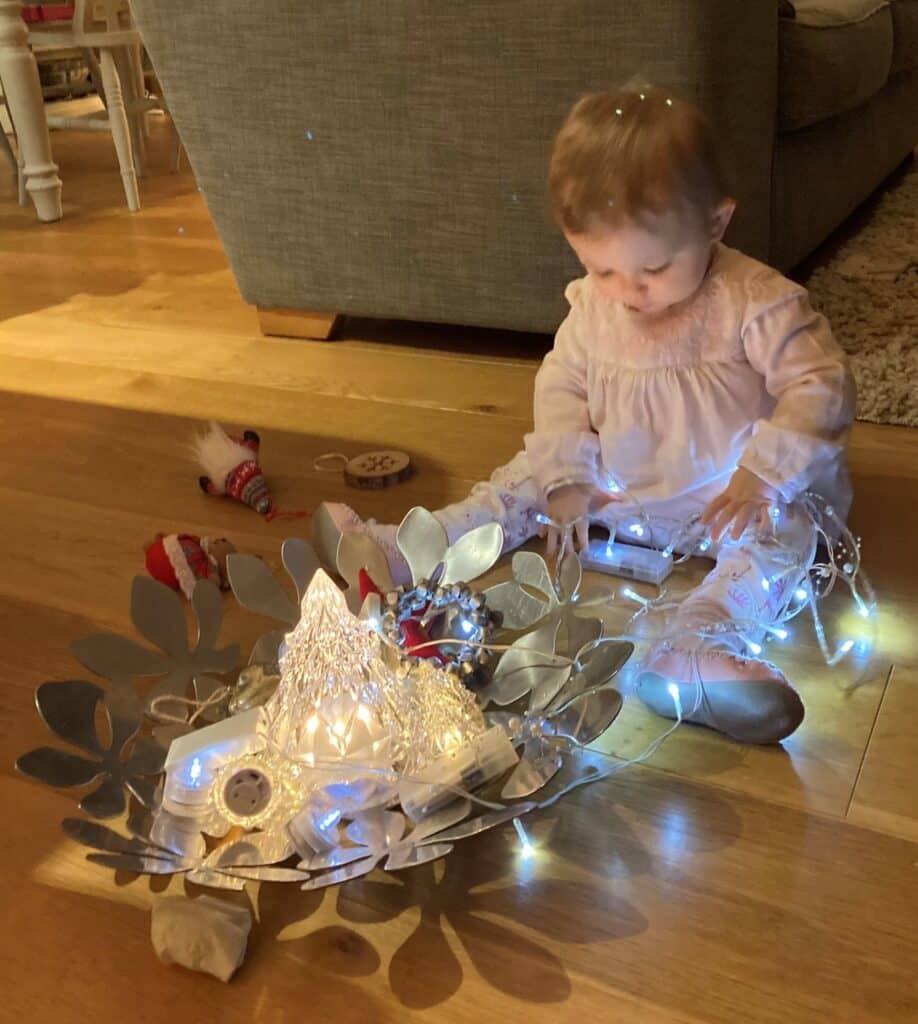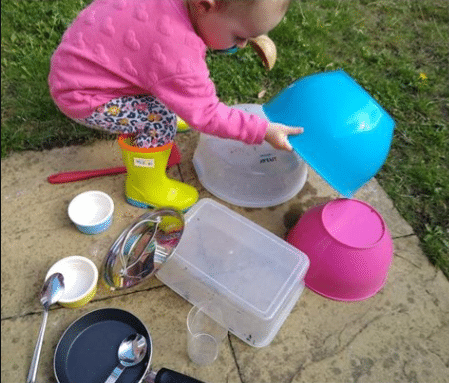What is exploratory play?
Play is important for language development and imaginative thinking. As children play they explore the world, and begin to understand more about how things around them work.
Exploratory play is the first stage in play where your child will explore objects around them using their senses – hearing, sight, smell, taste and touch.

Initially, your child will put everything in their mouth. Through mouthing, handling and observing others, your child will learn what to do with different objects. This is known as ‘defining an object by use’ and usually begins at 9 months.
During this time, your child begins to understand the meaning or concept of different objects. A concept is an internal awareness of an object or an idea.
Each concept has a ‘file’ of information about the object in the mind. This file will contain an internal picture of the object, information such as what you can and can’t do with it, what it is made of, what it is associated with.

Being able to play appropriately with real objects is an important step in preparation for learning language. It is like a jigsaw; the first pieces involve knowing what an object is.
This creates a framework so that, in time, your child can add other crucial pieces, which include how to recognise and understand a word and then how to say the word. Without this vital framework, your child has nothing to ‘hook’ the word onto.

Top tips:
- Exploratory play is particularly important if your child has delayed language and is not ready to use the role-play corner or does not use objects appropriately
- Provide a collection of everyday objects for your child as well as toys when trying to encourage exploratory play
- Offering your child a range of different objects will present you with a richer opportunity to share new vocabulary while you are exploring the items with your child
